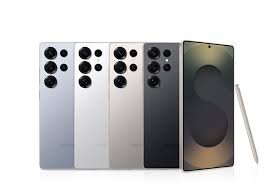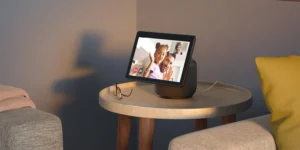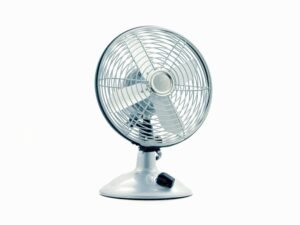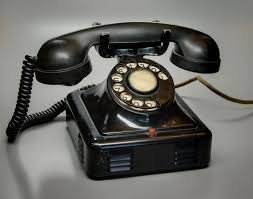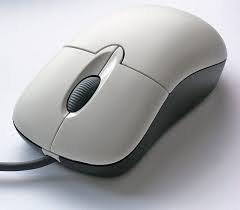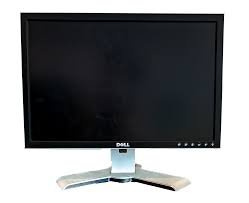The Ultimate Guide to Choosing the Right Charger for Your Phone
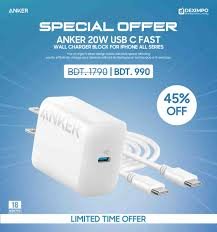
The Ultimate Guide to Choosing the Right Charger for Your Phone
In today’s connected world, a charger isn’t just an accessory—it’s a necessity. Whether you’re a student rushing between classes, a professional working on the go, or someone who simply wants their phone ready at all times, having a reliable phone charger is critical.
This guide will help you:
- Understand different types of cell phone chargers
- Learn how to choose the right charger for your needs
- Discover tips for safe and efficient charging
- Find answers to common charger questions
Let’s explore everything you need to know to keep your devices powered up and ready.
What Types of Phone Chargers Are Available Today?
Not all chargers are created equal. Here’s a quick look at the most popular types:
- USB-A Chargers
The classic design still used in many homes and offices. They’re compatible with most devices via a USB-A to Micro-USB or USB-A to USB-C cable. - USB-C Chargers
The modern standard for fast charging and data transfer. Many Android phones, tablets, and newer laptops now use USB-C. - Wireless Chargers
Simply place your phone on the pad—no plugging in required. Look for chargers that support Qi wireless charging for broad compatibility. - Car Chargers
Essential for commuters. Plug into your vehicle’s power outlet to keep your battery topped up during drives. - Portable Power Banks
Not exactly a wall charger, but indispensable for students and travelers who need power on the move.
Pro Tip: Always check your phone’s specs to see which charger type is recommended by the manufacturer.
How Do You Choose the Best Charger for Your Needs?
Choosing the right phone charger depends on a few key factors:
1. Compatibility
Make sure the charger matches your phone’s port. For example:
- iPhones use Lightning connectors.
- Most Android phones use USB-C.
- Older models might still need Micro-USB.
2. Wattage & Charging Speed
Higher wattage often means faster charging.
- Standard chargers: 5W–10W
- Fast chargers: 18W–30W
- Super-fast chargers: 45W+
If your phone supports fast charging, investing in a higher-watt charger can save you hours over time.
3. Safety Certifications
Look for certifications like:
- CE (Europe)
- UL (USA)
- FCC (USA)
These ensure the charger meets safety standards.
4. Portability
Students and travelers might prefer compact designs or foldable plugs.
5. Cable Quality
Avoid cheap cables that fray quickly. Choose braided or reinforced cables for long-term durability.
Why Fast Charging Matters
Fast charging is more than just a buzzword. It can:
- Charge your phone to 50% in 30 minutes or less.
- Reduce the time you spend tethered to an outlet.
- Help you stay productive.
Example:
If you have a busy schedule, a fast phone charger ensures your device gets the power it needs during short breaks.
How to Charge Your Phone Safely
Charging mishaps can damage your phone or even cause hazards. Follow these tips:
- Use Manufacturer-Approved Chargers: Avoid knock-offs that lack safety testing.
- Unplug When Fully Charged: Overcharging can generate heat and wear out the battery.
- Keep Away from Water: Never charge near sinks or bathtubs.
- Avoid Extreme Temperatures: Don’t leave charging phones in hot cars.
- Inspect Cables Regularly: Replace frayed or damaged cables immediately.
Best Chargers for Students and Busy Professionals
If you’re always on the go, consider these options:
- Anker PowerPort III Nano: Compact USB-C charger with fast charging.
- Apple 20W USB-C Adapter: Ideal for iPhones and iPads.
- Samsung 25W Super Fast Charger: Perfect for Samsung Galaxy devices.
- Belkin Boost Up Wireless Charging Pad: Great for desk setups.
For more details and reviews, check out Anker’s Official Site and Apple Support.
Common Questions About Cell Phone Chargers
Q: Can I use any charger with my phone?
Not always. Using the wrong charger can result in slow charging or even damage. Always confirm compatibility.
Q: Is wireless charging slower?
Typically, yes—wireless chargers often deliver lower wattage than wired chargers. However, the convenience often outweighs speed.
Q: Are fast chargers safe?
Yes—if they are certified by reputable standards (UL, CE, etc.). Avoid unbranded fast chargers.
Internal awebteam@startechbd.comnd External Link Suggestions
Internal Links:
- [Our Guide to Power Banks]
- [Best Tech Accessories for Students]
- [How to Extend Your hone Battery Life]
External Sources:
Key Takeaways
- A reliable charger is essential for everyone—students, professionals, men, and women alike.
- Always choose chargers that are compatible and safety certified.
- Fast charging can save valuable time, especially for busy lifestyles.
- Invest in quality cables and avoid using cheap knock-offs.
- Keep safety in mind: never charge near water or in extreme temperatures.
